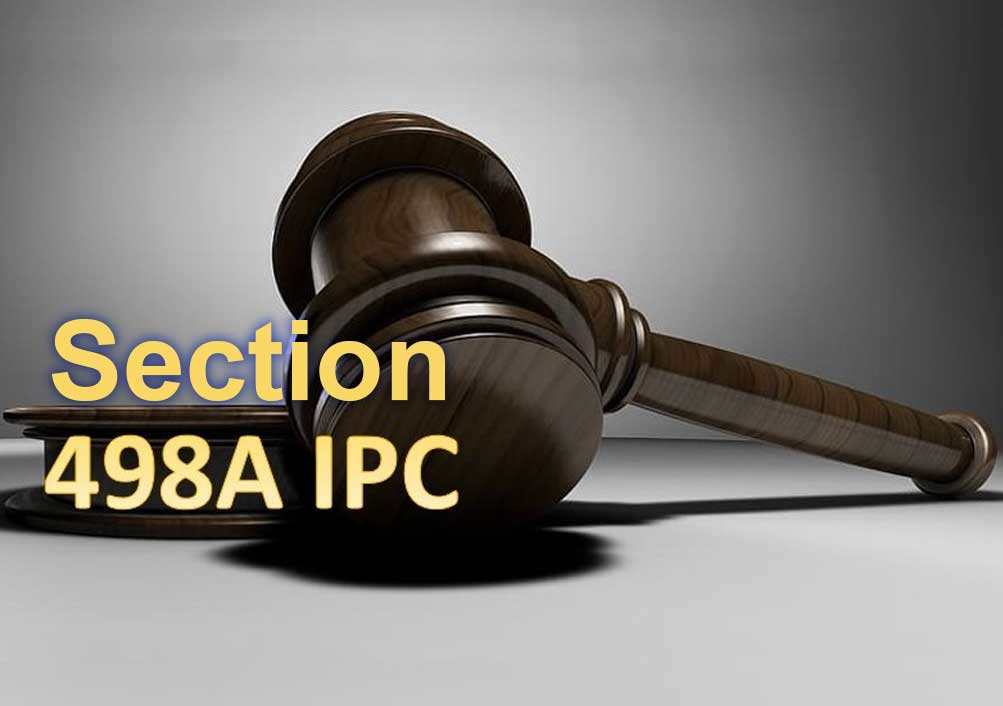Merely because long time has passed in concluding trial or deciding appeal, is no ground to not impose sentence already undergone by accused who is held guilty for offence u/s 498A of IPC: SC

Read Judgment: Meera V. State by the Inspector of Police Thiruvotriyur Police Station Chennai
Pankaj Bajpai
New Delhi, January 14, 2022: The Supreme Court has opined that merely because long time has passed in concluding the trial and/or deciding the appeal by the High Court, is no ground not to impose the punishment and/or to impose the sentence already undergone by the accused who is guilty for the offence u/s 498A of IPC.
A Division Bench of Justice M.R. Shah and Justice B.V. Nagarathna observed that when an offence has been committed by a woman by meting out cruelty to another woman, i.e., the daughter-in-law, it becomes a more serious offence, and if the mother-in-law does not protect the daughter-in-law, she would become vulnerable.
As per the case of the prosecution, a complaint was lodged by Ramathilagam, mother of the victim alleging that all the accused – her son-in-law, his mother, her daughter and father-in-law were harassing the deceased and she was subjected to torture/cruelty for want of jewels. It was alleged that due to these circumstances her daughter had immolated herself. She was taken to the hospital, however, she succumbed to the injuries. All the accused were charged for the offences u/s 498A and 306 IPC.
The Trial Court convicted first accused (husband of the deceased), second accused (mother-in-law – appellant) and third accused (sister-in-law) and sentenced them to undergo one year R.I. with a fine of Rs.1,000/- for the offence u/s 498A IPC and three years R.I. with a fine of Rs.2,000/- for the offence u/s 306 IPC.
On appeal however, the High Court acquitted all the accused for the offence u/s 306 IPC and set aside the conviction for the offence u/s 498A IPC in respect of husband and sister-in-law. However, the High Court maintained the conviction and sentence in respect of mother-in-law for the offence u/s 498A IPC. Hence, present appeal.
After considering the submissions, the Top Court opined that it had been established and proved that the deceased was subjected to torture/cruelty by the appellant – mother-in-law with regard to jewels.
The mother of the victim in her evidence had clearly stated that her daughter was frequently subjected to harassment by her mother-in-law for not adorning jewels, and similar was the deposition of the father of the victim, added the Court.
Speaking for the Bench, Justice Shah noted that when both the witnesses were subjected to cross-examination, they had stood by what they had stated, and therefore, both of them had fully supported the case of the prosecution.
There were concurrent findings of facts recorded by the Trial Court as well as High Court on the harassment and/or torture and/or cruelty by the appellant with regard to jewels, which were based on appreciation of evidence, added the Bench.
The Top Court therefore concluded that the appellant had been rightly held guilty for the offence u/s 498A IPC.
“In the present case, even the husband of the victim was staying abroad. The victim was staying all alone with her in-laws. Therefore, it was the duty of the appellant, being the mother-in-law and her family to take care of her daughter-in-law, rather than harassing and/or torturing and/or meting out cruelty to her daughter-in-law regarding jewels or on other issues. Therefore, as such, no leniency is required to be shown to the appellant in this case”, observed the Top Court.
However, considering the fact that the incident was of the year 2006 and at present the appellant was reported to be approximately 80 years old, in the peculiar facts and circumstances of the case, as a mitigating circumstance, the Apex Court reduced the sentence from one year R.I. to three months R.I. with fine imposed by the Trial Court to be maintained.
Sign up for our weekly newsletter to stay up to date on our product, events featured blog, special offer and all of the exciting things that take place here at Legitquest.




Add a Comment